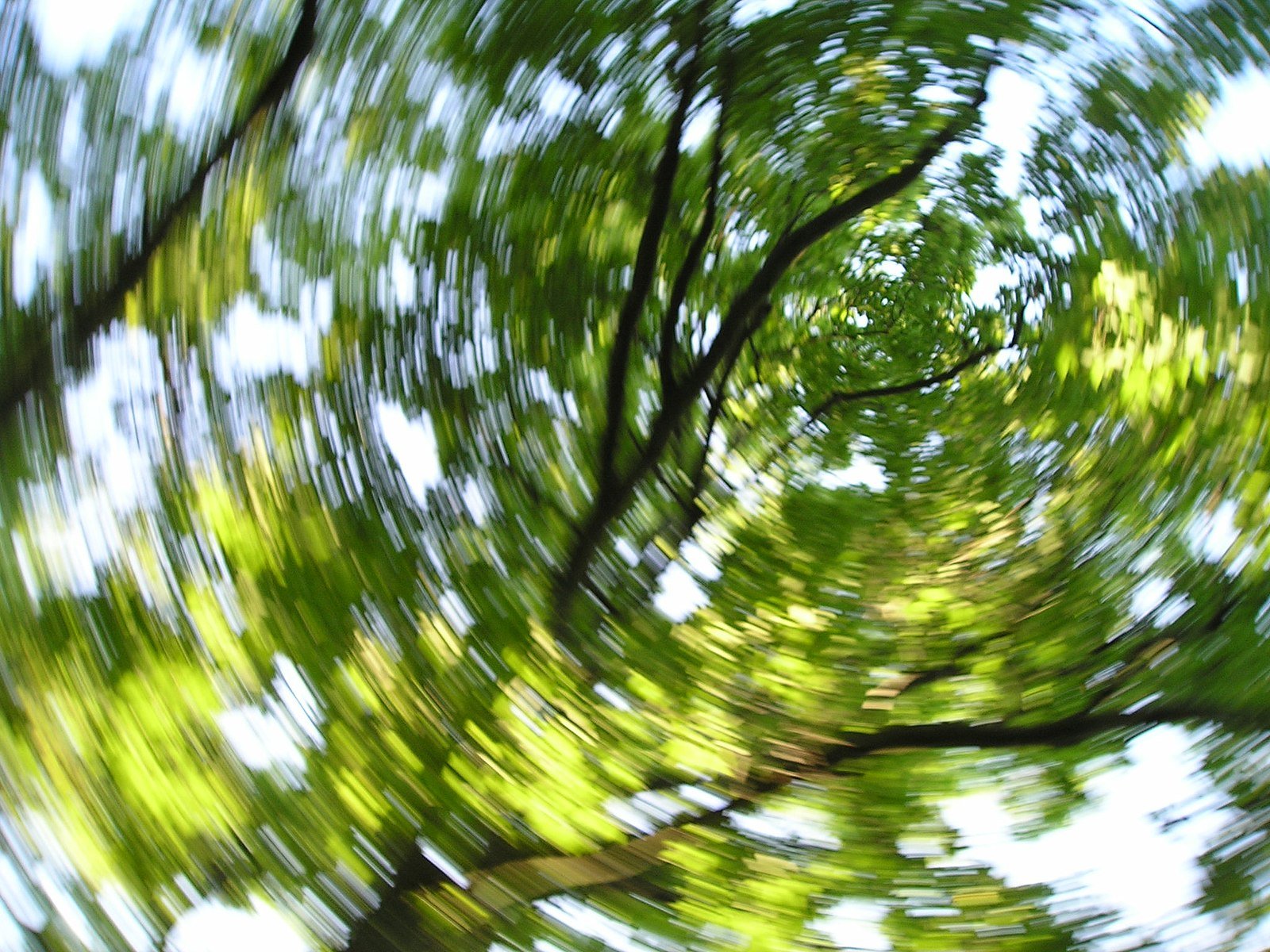Conditions
Facial Palsy - Bell’s Plays, Ramsay Hunt syndrome, acoustic neuroma, Trauma, and Lyme disease.
Photo credit: Patrick J. Lynch; illustrator; https://creativecommons.org/licenses/by/2.5/
Facial Palsy or Bell’s Palsy
A facial palsy may results from damage or trauma to the facial nerve. This may be a result of a number of conditions including
Bell’s palsy
Ramsay Hunt syndrome
Acoustic Neuroma
Trauma
Lyme disease
Facial Neuromuscular retraining involves working on isolated facial movements in order to prevent asymmetry and to maximize control of muscles as they become re-innervated. This technique is used for those conditions that are a result of injury to the facial nerve, and are not as beneficial to people who have facial palsy as a result of stroke or brain injury.
Vestibular Disorders
Dizziness and balance difficulties are a common reason for hospital and doctor visits. “Dizziness”, however, is a word used to describe a variety of sensations and may have a number of causes. A thorough assessment can help determine the reason for your dizziness. An appropriate home exercise program can then be developed to address the specific cause of your dizziness and the underlying symptoms you are experiencing. Clients booking an appointment for dizziness should be prepared to need to rest and relax for some time following the appointment as much of the assessment requires deliberately but cautiously bringing about your symptoms so that we can understand what the underlying cause is.
Dizziness and vertigo - may be due to BPPV (Benign Paroxysmal Positional Vertigo, Menière’s disease, inner ear disturbance (neuritis and labyrinthitis), migraine, concussion, Acoustic Neuroma, Ramsay Hunt, MS, low blood pressure, anxiety
Photo credit: https://flickr.com/photos/59195512@N00/240905980. Creative Commons Attribution 2.0 Generic
TMD / TMJ - Temporomandibular disorders | disorders of the jaw leading to pain, popping or crunching at the joint, lack of movement.
Credit: Gray's Anatomy plate, derived from Image:Gray309.png; Creative Commons Attribution-Share Alike 3.0 Unported
Temporomandibular Disorders
Common symptoms of temporomandibular disorders include but are not limited to jaw pain, headaches, neck pain and facial pain. There are a number of conditions involving the temporomadibular joint that may cause these symptoms. A careful assessment can often pinpoint the underlying cause of the pain and focused treatment and education can help resolve the problem.
Concussion management
Credit: Modified version of Image:Skull and brain normal human.svg by Patrick J. Lynch, medical illustrator. Creative Commons Attribution 2.5 Generic
Concussion Management
Concussions are often referred to as the ‘invisible injury’. While a person may be quite severely impacted from the effects of a concussion, there are no outward signs to indicate how much the individual may be affected. Following a concussion, a person may have difficulties with sleep, emotional lability, mood swings, memory or thinking difficulties as well as physical symptoms. For many, these symptoms will slowly go away with rest, however for a minority of people, these symptoms linger and impact their ability to work and play and decreases their quality of life. Physical therapy treatment that focuses on the right balance of rest/activity and addresses the symptoms in a manageable manner can play a role in decreasing the effects of post concussion syndrome.
Neurological conditions such as stroke, traumatic brain injury, spinal cord injury Parkinson’s, Multiple Sclerosis (MS)
Credit: https://www.scientificanimations.com/; Creative Commons Attribution-Share Alike 4.0 International
Neurologic Conditions
I have over 15 years experience treating individuals with a variety of neurologic conditions including
Stroke
Traumatic brain injury
Spinal cord injury
Parkinsons disease (PWR certified)
Multiple Sclerosis
Neurologic rehabilitation is often most effective when the client has a goal in mind and is motivated to achieve this goal. I am happy to arrange appointments in locations where this goal can be worked on, including your home, a park or local recreation centres.





